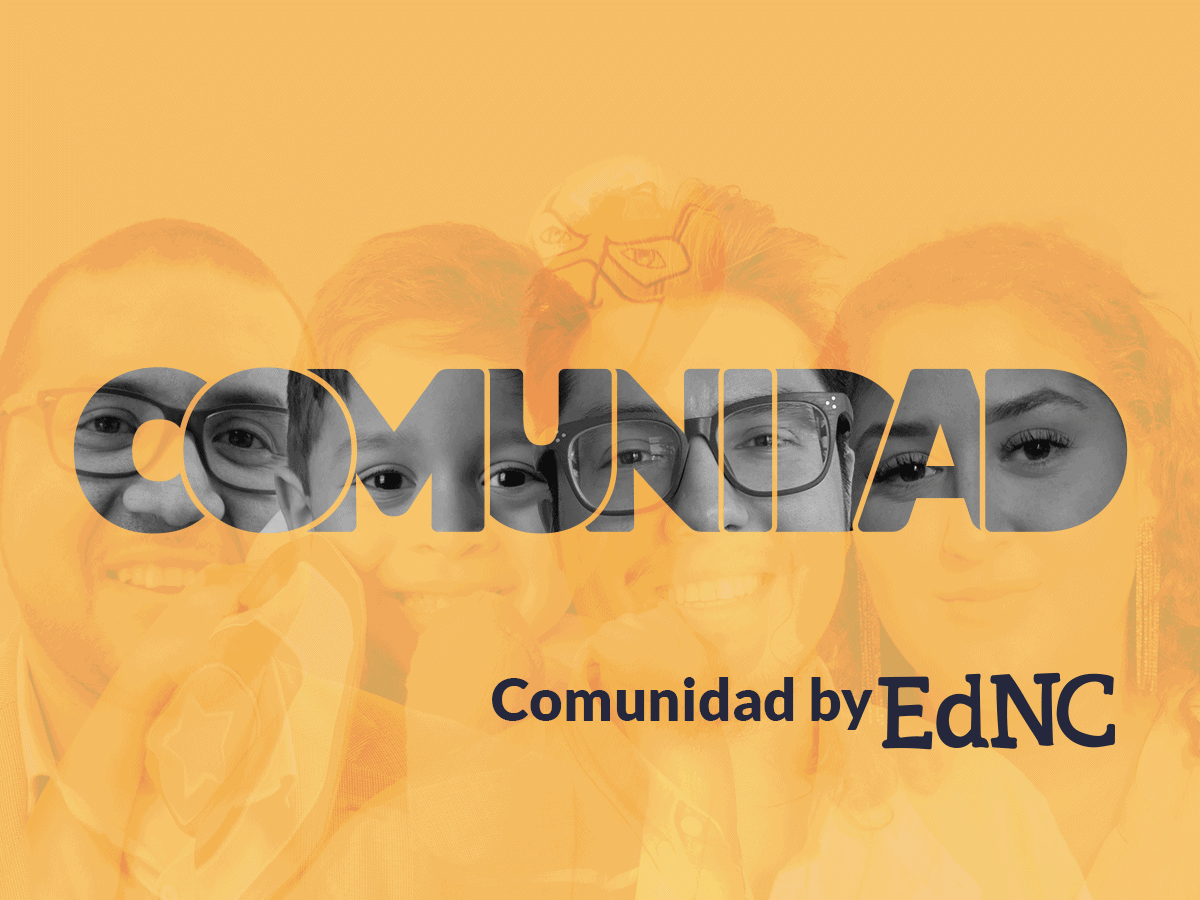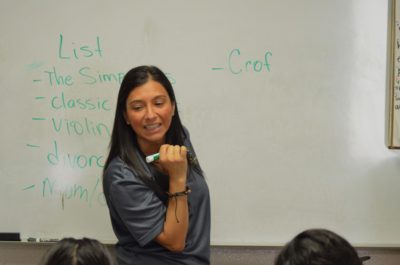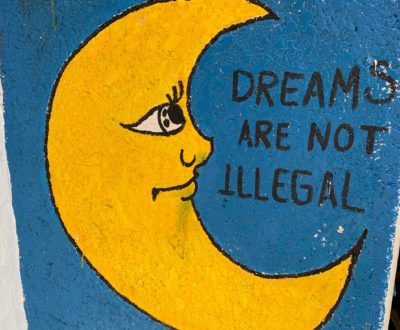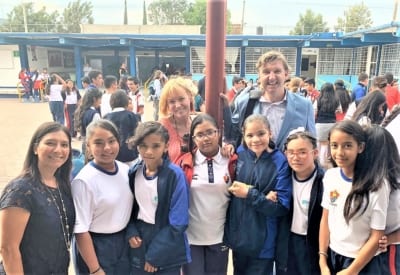

This article is part of a series and ongoing reporting on Latinx communities in North Carolina. Click here to read more.
Haz clic aquí para leer este artículo en español.
The danger of a single story
I remember one of the first interactions I had in North Carolina back in 2015. Somebody asked me whether I came from New York. When I said I came from Guatemala, their immediate response was, “Oh! That’s probably it.”
I didn’t know it at the time, but this was the first of countless back-and-forths illustrating the story people in the United States tell themselves the first time they see me or interact with me.
We all inadvertently rely on preconceived notions when we meet someone. Filling gaps in our knowledge helps us stay ahead of the curve. But this behavior becomes harmful when people’s notions stem from similar sources, creating a single story that seems to accurately portray a certain group of people.
Chimamanda Ngozi Adichie explains this in her talk on “The danger of a single story.”
“Show a people,” she says, “as one thing, as only one thing, over and over again, and that is what they become.”
The single story narrative becomes even more harmful when it molds our values and dictates our actions. Back in early 2017, while talking with a professor, I mentioned Guatemala’s current events, which led to the topic of immigration. My professor asked about my immigration status. When I told him I’m a U.S. citizen, he responded, “So, this doesn’t affect you.”
“So, this doesn’t affect you.” I mulled over this response for quite some time. When I stated my immigration status, his reaction felt as if he had called my bluff. When I stated my immigration status, in his eyes, I went from being a Guatemalan who’s fighting for her rights to a U.S. citizen who shouldn’t worry her pretty little head over such things. When I stated my immigration status, I saw how he turned off his empathy switch right in front of me.
I realize now that, for the entirety of our conversation, he kept at the top of his mind all the preconceived ideas he had archived about the Latinx community. And when I challenged his ideas, his response was to call me out as an imposter of sorts, negating my identity and existence. If he thought that I, a Guatemalan-American citizen, shouldn’t worry about these things, then how in the world would he realize that he, too, should worry about our migrant community, our Latinx community?
Comunidad/Community: Setting aside our single story of Latinx people
Over the next several weeks, and then in the months and years to come, EdNC will be releasing stories about the Latinx community in North Carolina.
The name of this series, Comunidad/Community, is very intentional. We hope these articles will help you put aside the single story you know about the Latinx community in North Carolina and make room for the countless stories of strength and perseverance that make up our community.
Meet Alex, Ricky, Alessandro — and me too! This is who we, as Latinx individuals, really are.
Meet Alex Villeda. A medical student, he fights for the most vulnerable in our society. He believes in his community’s ability to create change. “I am me,” he says.
Ricky Hurtado is a proud product of our public schools in Lee County. He is a first generation college student and Princeton graduate. He is the co-founder of LatinxEd, which supports Latinx students. He is a dreamer, a doer, a fighter, an advocate for our children. He knows no other home but North Carolina.
Alessandro Garcia has a vivid imagination. He is Captain America’s friend, Venom, and Spider-Man rolled into one. He loves his family and loves to show off his toys.
I am Carol Anne Bono Reyes. I am the daughter and sister of my heroes. I am fluent in Spanglish. I’m a first generation graduate student. I am still figuring out my place in this world.
Yes, our stories are filled with struggles, but they’re also filled with resilience and dreams. Our whole stories matter, not the one-sided narratives that make it seem as if migrant and refugee issues happen in a bubble, isolated from every other community.
Only when we take the time to realize that issues affecting migrants, immigrants, and refugees affect all of us will we understand that we all are part of the same community — la misma comunidad.
We hope you enjoy our stories. Happy you could join us on this journey.
We will continue covering stories of our Latinx/ESL community after Comunidad runs its course. If you know any Latinx/ESL stories, want to share a resource, or simply say hi, you can reach me at cbono@ednc.org.
Also, please fill out the survey below and let us know what topics you’d like us to cover about the Latinx and ESL communities in North Carolina.




